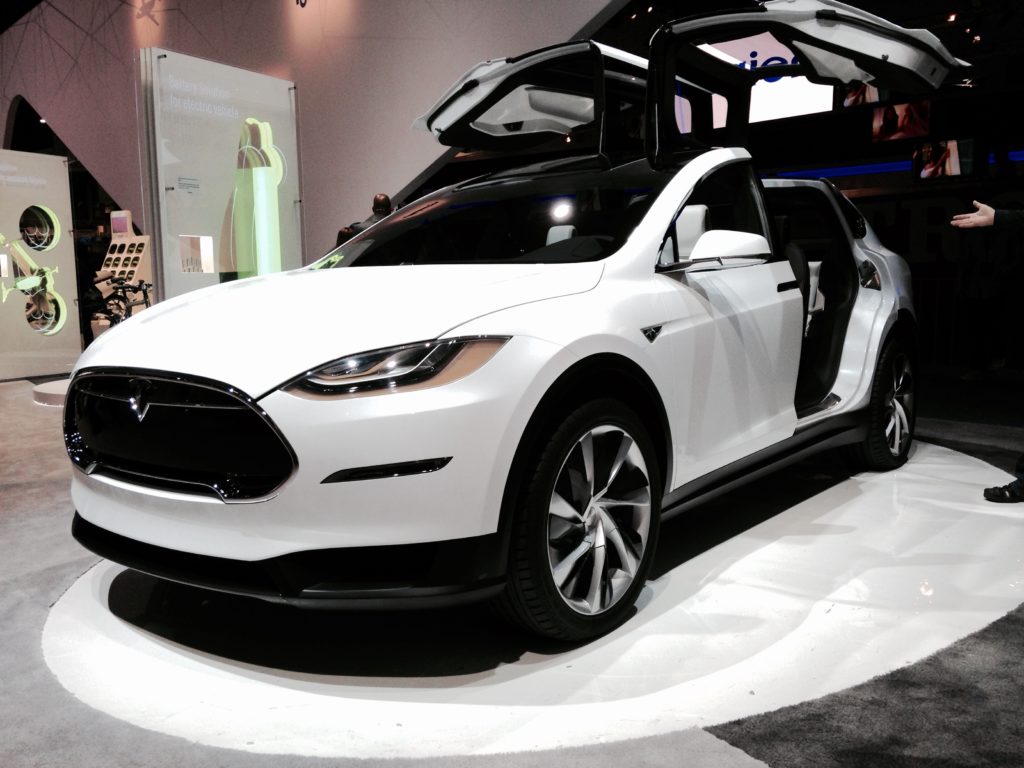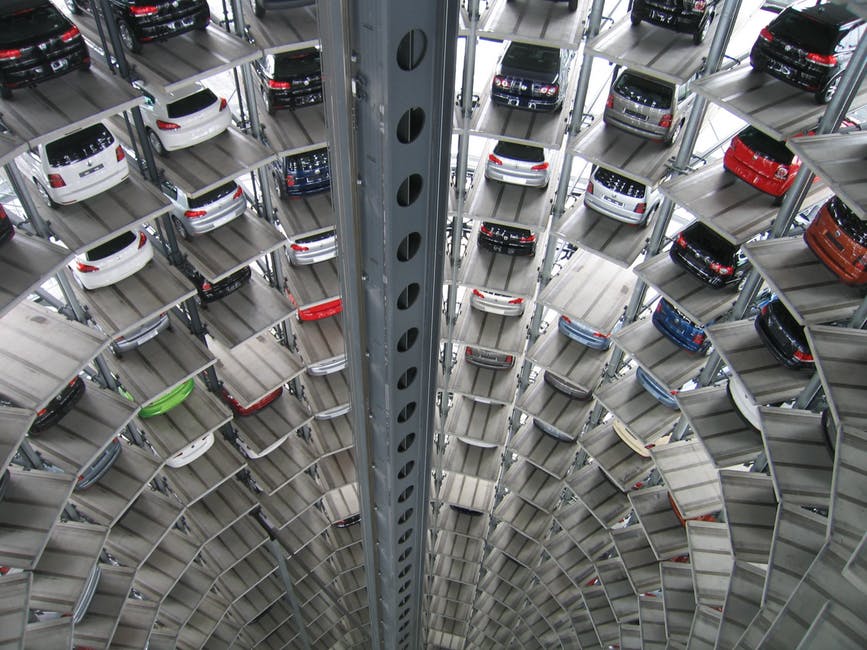Driverless Cars And The Law

Considering the usual severity of collisions, the recent incident involving a Tesla Model X and a police motorcycle in Phoenix barely needed a police report. The officer, in front of the autonomous vehicle, stopped for a light. The Tesla also stopped briefly, then began rolling forward, forcing the officer in question to jump off his bike and move to safety. There were no injuries or damage, and the officer estimated the car was moving at about three miles an hour. While this incident was far from a national tragedy, it opens up some very important questions about autonomous vehicles and the law…
If Self-Driving Cars Crash, Who Is Responsible?
The NHTSA, in conjunction with the Society of Automotive Engineers, say that there are six levels of automated driving. Zero means conventional driving, with full human control, and six is a completely autonomous vehicle. The level of automation in road-legal cars is now at two or lower, which gives the driver full responsibility if the car crashes. With any vehicle ranking three or below, it’s clearly the person in the equation who’s meant to be doing a large part of the driving. Although liability can rest with several parties in collisions involving autonomous cars, it should be noted that the vast majority of collisions are caused by human error. The question becomes even more convoluted when it comes to distracted driving or DUI arrests, where the driver was only partially in control of what the car was doing. One thing’s for certain; if automated driving is in fact safer, manufacturers will be at greater risk of product liability charges in the future.
Will Autonomous Drivers Need Special Licenses?
To date, there’s no special license or documentation required for driver-assisted vehicles. However, there may be special instructions given out by dealerships, just as there are with any advanced feature in a car. However, as this technology becomes more and more advanced, it’s likely that strict regulations could shift from the driver to the car, and in turn, from the states to the federal government. The NHTSA is the body currently in charge of approving new driving technologies, and has been taking a greater and greater role in this area in recent years. As autonomous vehicles become more prevalent, this shift in protocol is only expected to continue.
Will Autonomous Vehicles Have to Have Special Markings?
There’s been a lot of questions about whether the driverless cars in the future will be required to have special license plates or other distinguishing marks. For the time being, road safety bodies and legal academics don’t see the need for it. However, there’s a possibility that some state legislatures will want to impose markings on autonomous vehicles. Similar things were brought in when alternative fuel vehicles first hit the market. It was largely lobbyists funded by the hybrid car companies themselves that asked for these designations, citing the operating differences there are between electric and gasoline vehicles. For the time being, however, no one has asked directly for visual distinctions.





